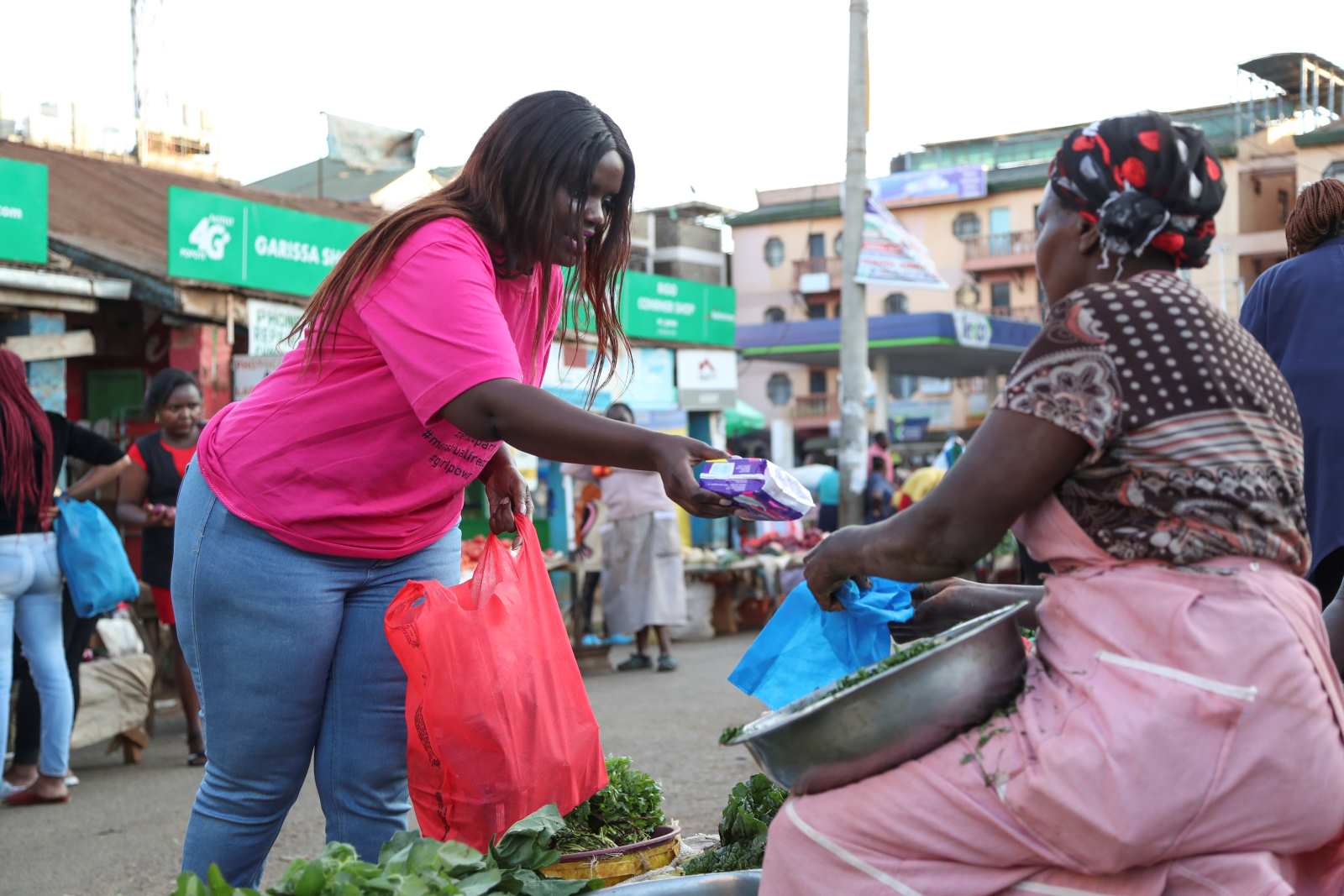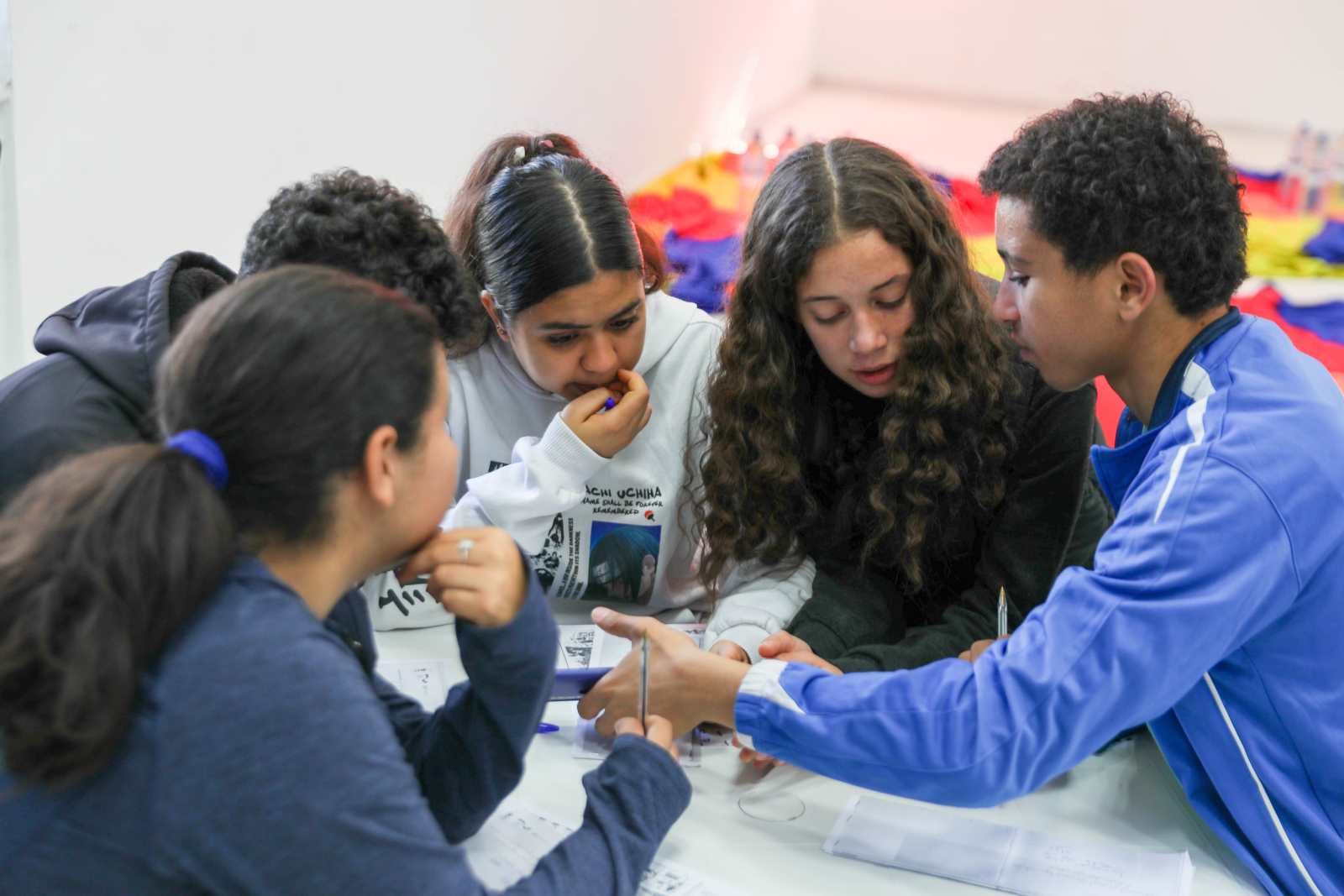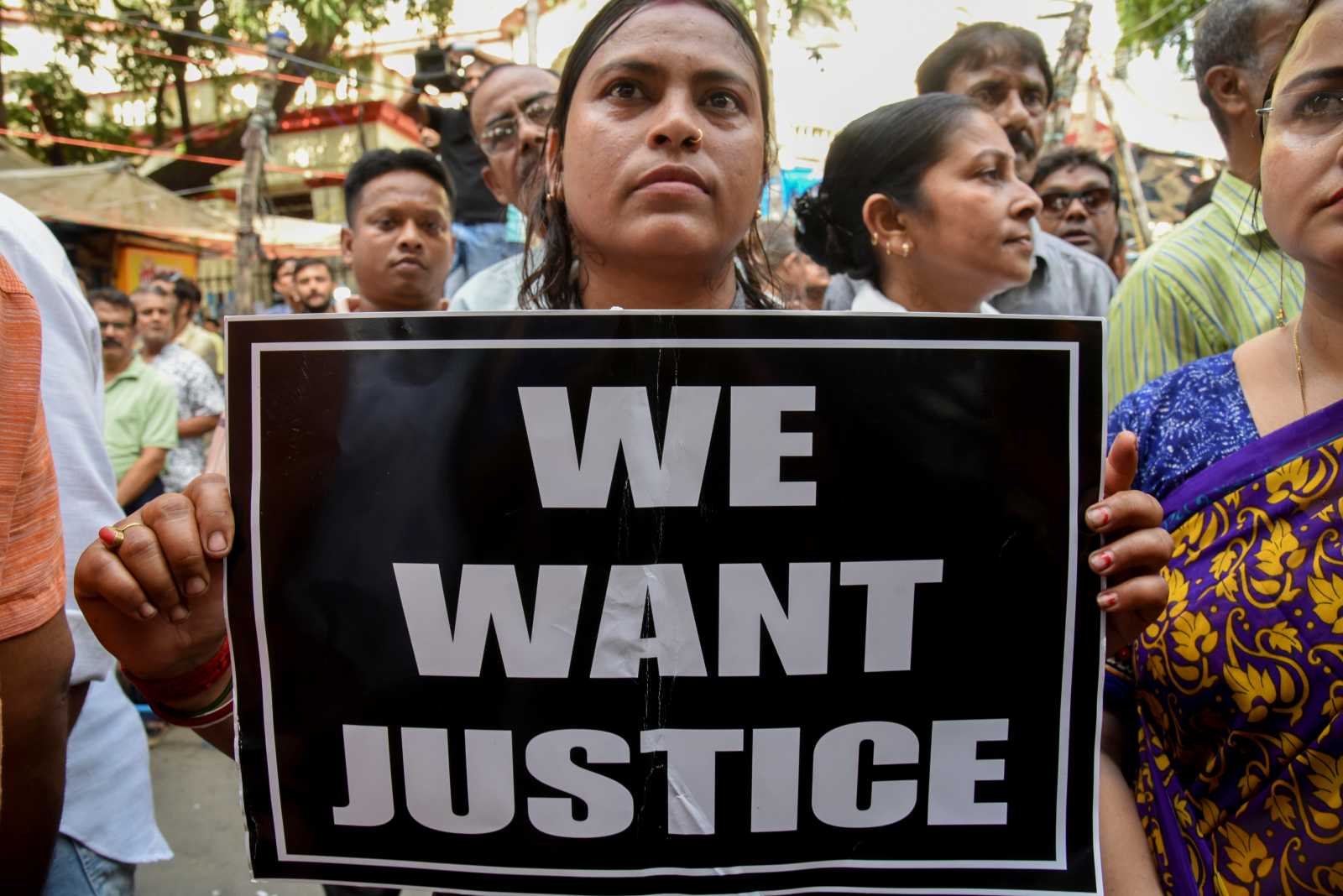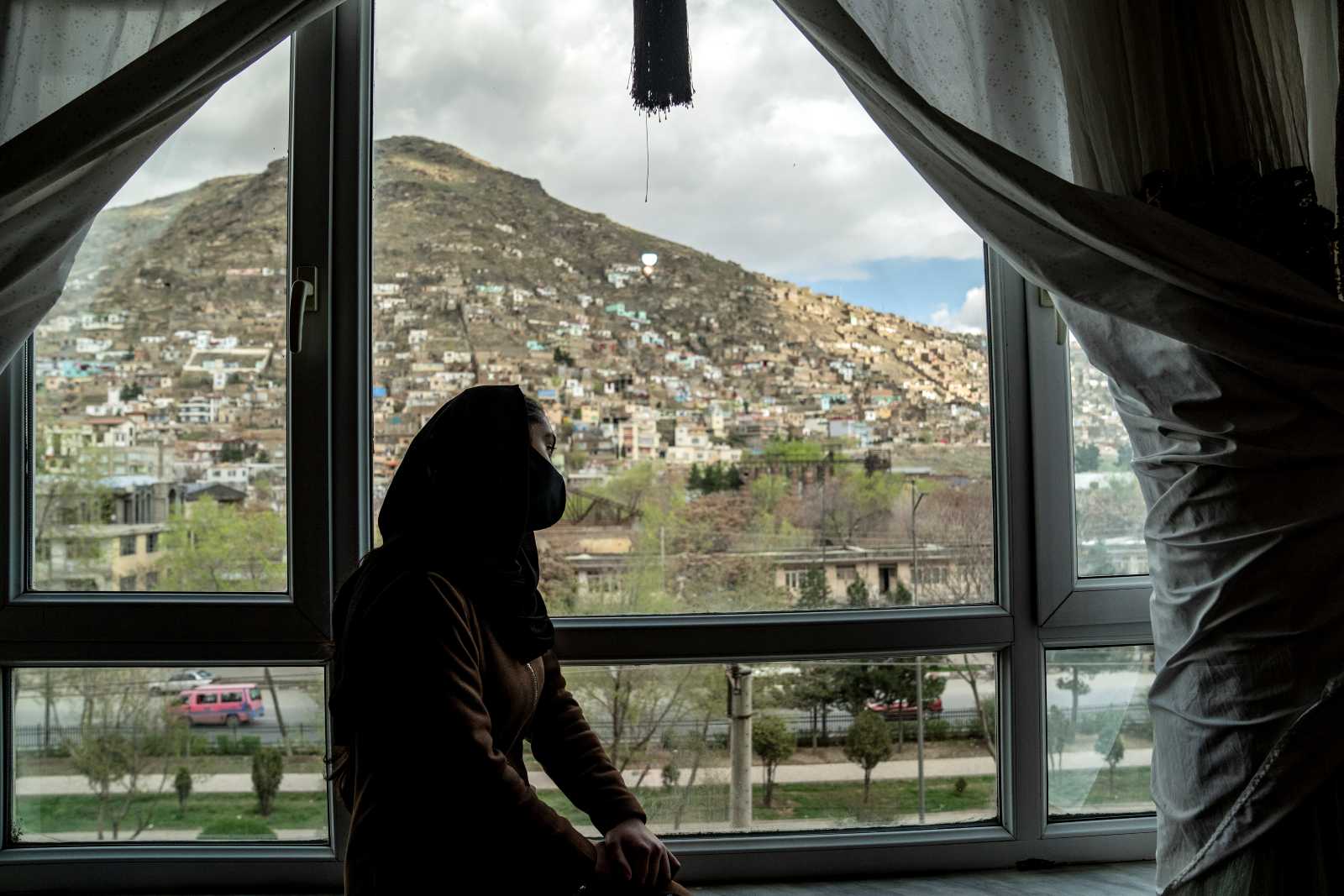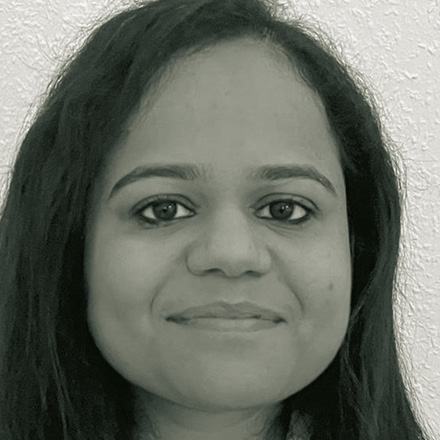Youth empowerment
Why sport is an effective tool for development
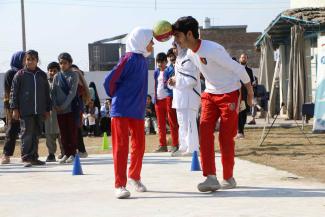
According to UNESCO, there were 1.2 billion young people last year. As this number continues to grow, empowering young people has become an important cross-cutting issue for achieving all of the UN’s Sustainable Development Goals (SDGs). However, in many countries around the world, young people have limited access to quality education, economic opportunities or meaningful participation in decision-making processes.
Empowering young people means enabling them to shape and implement the decisions that affect their present and their future. This involves issues such as unemployment, engagement in civic and political processes and a sense of belonging. In particular, by providing platforms for expression, participation and leadership development, young people can become agents of positive change in their communities. To do this, they also need the necessary resources, opportunities and support.
Sport for Development
One way to create such platforms is through sport. Pedagogically well-designed sport activities teach and strengthen life skills, provide mentoring and thus promote personal and social change in communities. Harnessing this transformative potential of sport is the core of “Sport for Development” (S4D).
Recognised by the UN as a “means to promote education, health, development and peace” and therefore included in the 2030 Agenda for Sustainable Development, S4D is a well-established instrument of German development cooperation. On behalf of the German Federal Ministry for Economic Cooperation and Development (BMZ), the Deutsche Gesellschaft für Internationale Zusammenarbeit GmbH (GIZ) implements S4D together with partners from all over the world. S4D is currently active in Africa, Latin America, Asia and the Western Balkans and has already reached more than 1.4 million children and young people.
Anyone who has ever played team sports knows how sport promotes team spirit and fair play. With the right educational framework, sport therefore not only improves physical and mental health, but also fosters young people’s life skills and teaches social values. Coupled with certain training strategies and group reflection, sport has the potential to promote tolerance, adaptability, goal-orientation and self-confidence. S4D also strengthens leadership qualities and skills in communication, conflict resolution and teamwork. The sports in GIZ’s programmes range from football, basketball, table tennis and ultimate frisbee to karate, dance and swimming.
S4D coaches develop training sessions that are based on educational objectives and are tailored to the personal and socio-cultural background of the young participants. The coaches act as role models on and off the pitch. When implementing an S4D programme, particular emphasis is placed on reflection during each training session. This process facilitates the integration of skills development and practical application.
With this strategy, S4D can break down prejudices among young people from different cultural backgrounds and promote better intercultural understanding between communities that may hold opposing political or religious views.
At the same time, S4D can contribute to a more gender-equitable society by promoting female leaders and role models, sensitising boys and girls to gender issues and challenging gender stereotypes. In this way, S4D can align with and advance the principles of feminist development policy.
Against this background, S4D can promote the employability of young people too. By acquiring skills and creating a supportive environment, individuals can overcome barriers and improve their prospects of successful integration into the working world. Sport provides life skills that meet the real needs of the labour market. It can also help young people to become aware of their own talents, aspirations and expectations regarding their future careers. Finally, it can help to impart knowledge and skills on a variety of development topics such as environmental protection, hygiene and sanitation, media literacy and much more.
Universal language
In addition to GIZ’s experience on the ground, various studies have emphasised S4D as a valuable tool for empowering youth and thus promoting social change. For example, in Iraq, S4D initiatives in Kurdistan were found to involve children and youth from internally displaced persons camps and host communities.
Empirical evidence has shown that these activities promote inclusive behaviour towards people of different religions and ethnicities, thereby strengthening social cohesion. In addition, research has shown that S4D measures help to reduce the acceptance of gender-based violence against women and girls and at the same time promote a more equitable division of household chores. Studies conducted in North Macedonia and Albania furthermore shed light on the impact of S4D on the employability of young people and show that S4D strengthens self-confidence and goal-orientation.
There are more than a thousand organisations active in this field, according to a study published in the Journal of Sport for Development. In cooperation with renowned partners such as the International Olympic Committee (IOC), Special Olympics, the German Olympic Sports Confederation (DOSB), the Fédération Internationale de Football Association (FIFA), the German Football Association (DFB) and others, as well as with governments and civil society worldwide, GIZ demonstrates how Sport for Development can be a valuable instrument of development cooperation.
Young people can bring about positive change and represent an immense potential that S4D wants to invest in. At a time when both conservative and far-right voices are increasingly sceptical about development cooperation, it is crucial to show how innovative, adaptable and creative Sport for Development can be in achieving the SDGs, with relatively modest financial resources. Sport connects people all over the world and acts as a universally spoken language.
Link
UNESCO, 2023: Thematic Factsheet. Youth and Empowerment.
https://www.unesco.org/en/youth-and-empowerment.
Katharina Wolf is Junior Communications Specialist at GIZ.
katharina.wolf@giz.de
Jens Elsner is Head of Program at GIZ’s “Global Program Sport for Development” (until 06/2024).
jens.elsner@giz.de


